Halloween heatwave: temperatures could reach 20C
Large parts of UK to enjoy warm blast from Spain – but flood alerts issued for south-west

A free daily email with the biggest news stories of the day – and the best features from TheWeek.com
You are now subscribed
Your newsletter sign-up was successful
As large swathes of the nation don their overcoats and wellies, it may seem pretty clear that the halcyon days of summer are firmly behind us. However, meteorologists are predicting that Britain may be in for a final burst of sunshine. Could there be a Halloween heatwave?
Although rain will continue to lash much of the UK for the remainder of the week, a welcome blast of warm air from Spain is expected at the weekend, when temperatures could be as high as 20C.
Weather Network spokesman Richard Chapman told the Daily Mirror: "For the all-important Halloween evening, current indications favour dry weather for many areas, with light southerly winds, and mild temperatures. Saturday's highs may reach a very mild 17C to 20C."
The Week
Escape your echo chamber. Get the facts behind the news, plus analysis from multiple perspectives.

Sign up for The Week's Free Newsletters
From our morning news briefing to a weekly Good News Newsletter, get the best of The Week delivered directly to your inbox.
From our morning news briefing to a weekly Good News Newsletter, get the best of The Week delivered directly to your inbox.
Trick-or-treaters might find themselves getting uncomfortably warm under their masks and costumes, with balmy evening temperatures of up to 14C. It will be a short respite from the onset of winter, however, with temperatures expected to hover only slightly above the seasonal average as November begins.
The Met Office says that next month will see a north-south divide, with the northwest of the country battered by heavy rain and gales, while the southeast remains relatively dry and mild.
The tabloids are already fizzing with speculation as to whether Britain will enjoy a 'white Christmas' this year, but Met Office experts have cautioned that it is too early to predict the chance of snow over the holiday.
Meanwhile, persistent downpours have put several areas of the country in danger of flooding. Yesterday, the Environment Agency issued 25 flood alerts and five serious flood warnings, with low-lying portions of the Devon and Cornwall coastline at the highest risk.
A free daily email with the biggest news stories of the day – and the best features from TheWeek.com
Flooding is likely to be limited to land and roads, however, only affecting a handful of properties.
-
 6 of the world’s most accessible destinations
6 of the world’s most accessible destinationsThe Week Recommends Experience all of Berlin, Singapore and Sydney
-
 How the FCC’s ‘equal time’ rule works
How the FCC’s ‘equal time’ rule worksIn the Spotlight The law is at the heart of the Colbert-CBS conflict
-
 What is the endgame in the DHS shutdown?
What is the endgame in the DHS shutdown?Today’s Big Question Democrats want to rein in ICE’s immigration crackdown
-
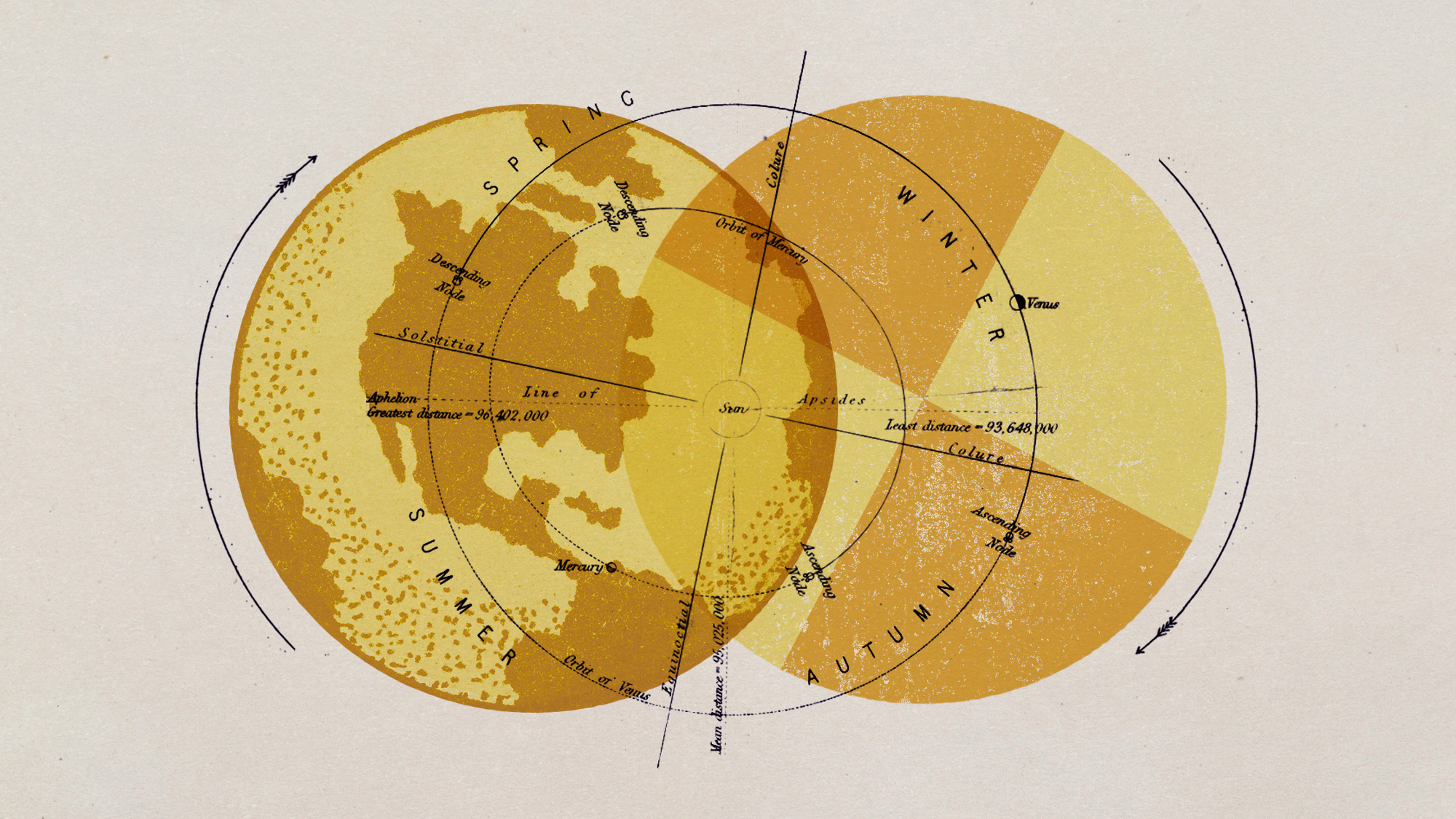 Earth's seasons are out of whack
Earth's seasons are out of whackUnder the radar The seasons' unfixed nature in different regions of the planet may have impacted biodiversity and evolution
-
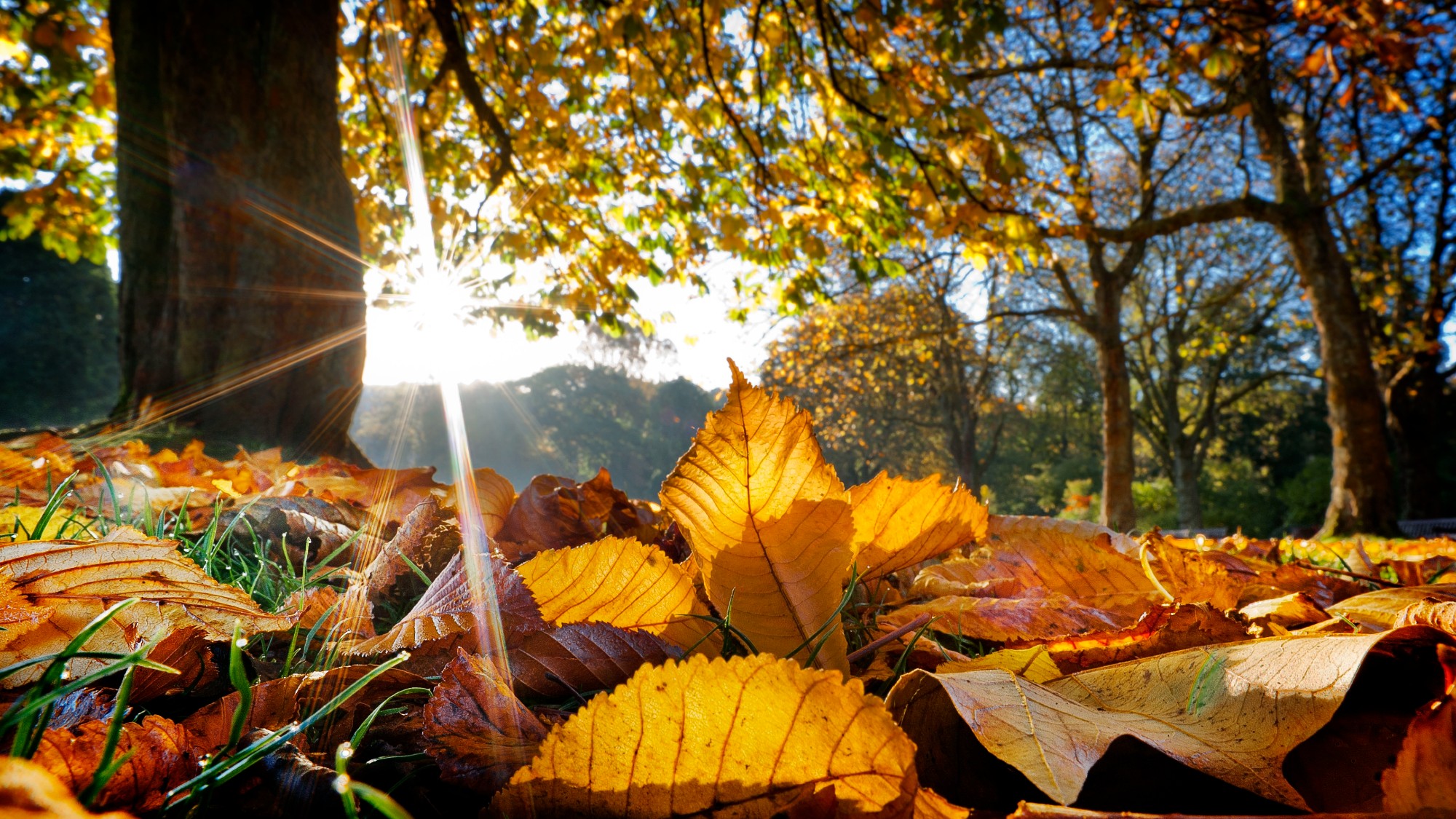 When does autumn begin?
When does autumn begin?The Explainer The UK is experiencing a 'false autumn', as climate change shifts seasonal weather patterns
-
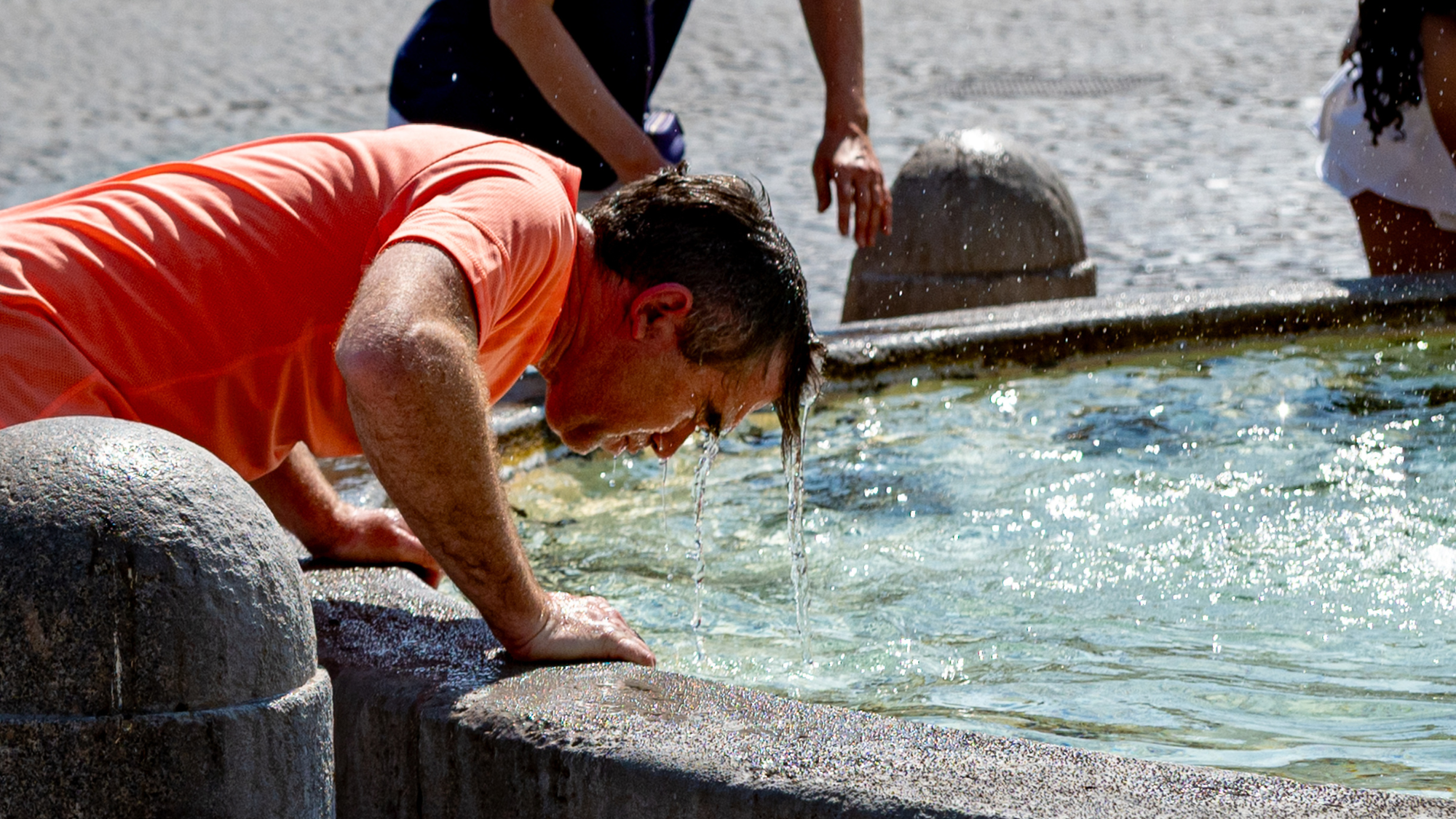 Europe's heatwave: the new front line of climate change
Europe's heatwave: the new front line of climate changeIn the Spotlight How will the continent adapt to 'bearing the brunt of climate change'?
-
 Why the weather keeps getting 'stuck'
Why the weather keeps getting 'stuck'In the Spotlight Record hot and dry spring caused by 'blocked' area of high pressure above the UK
-
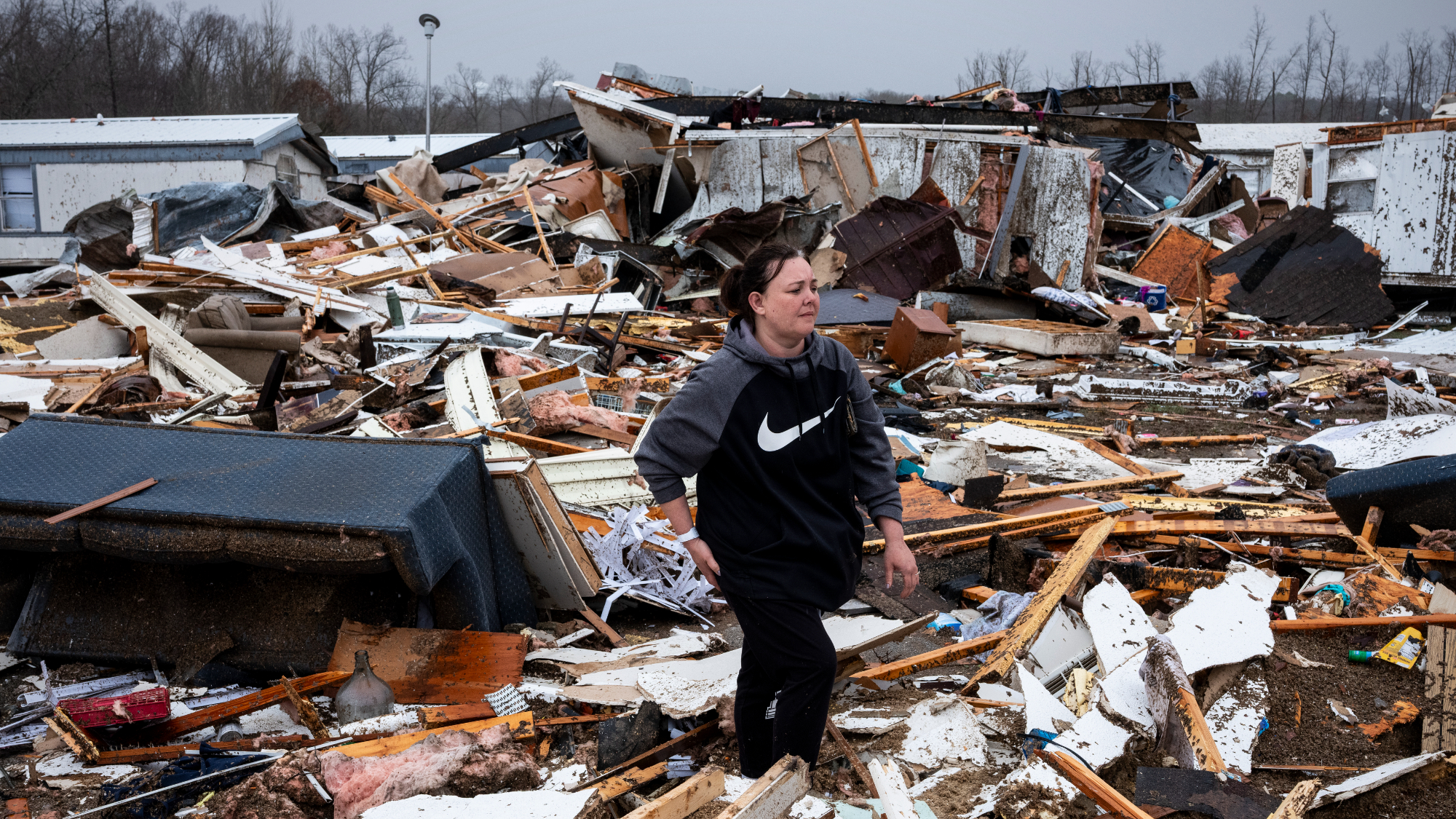 Severe storms kill dozens across central US
Severe storms kill dozens across central USSpeed Read At least 40 people were killed over the weekend by tornadoes, wildfires and dust storms
-
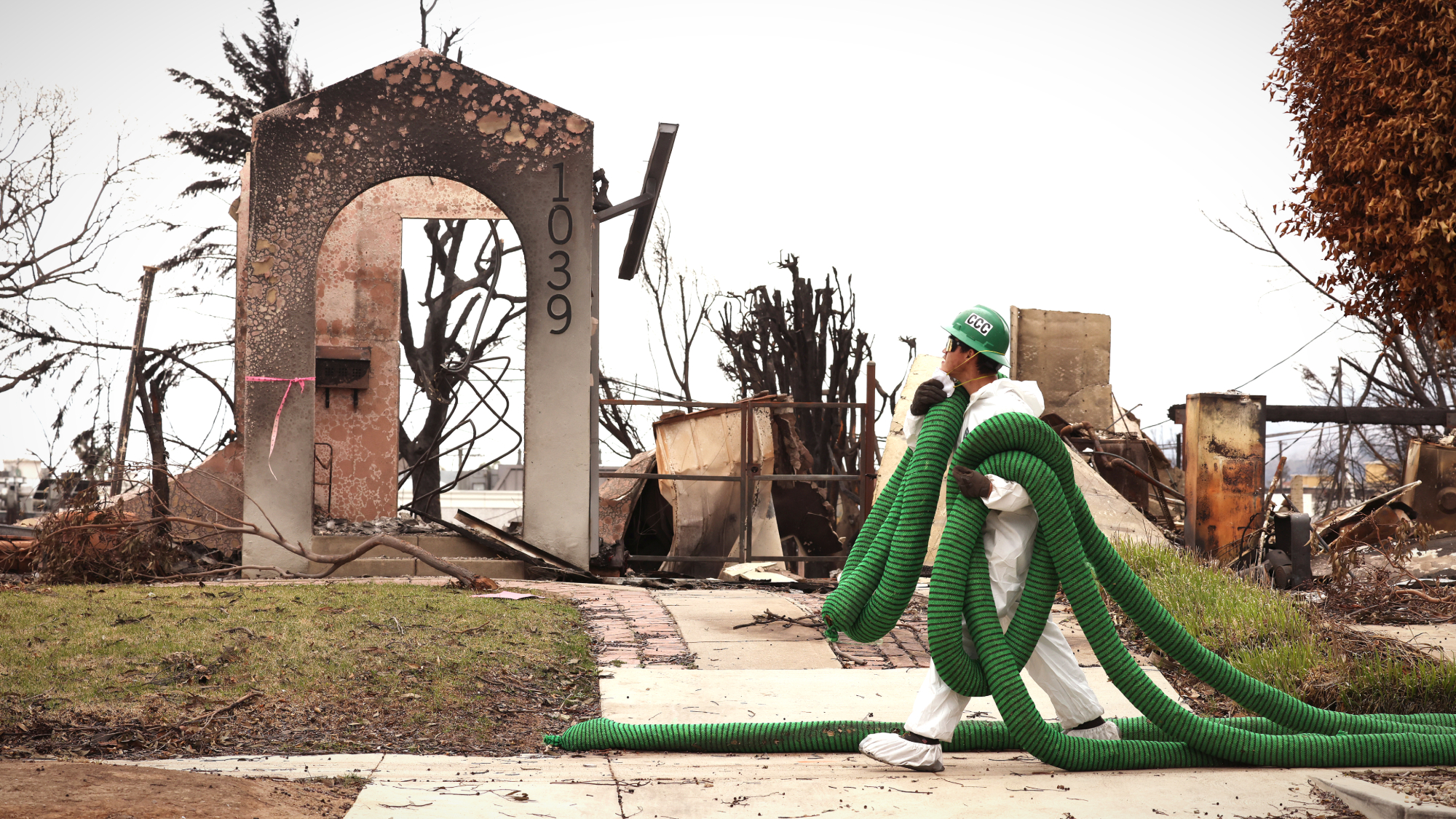 Rain helps Los Angeles wildfires, risks mudslides
Rain helps Los Angeles wildfires, risks mudslidesSpeed Read The weather provided relief for crews working to contain wildfires, though rain over a burn area ups the chances of flooding and mudslides
-
 Fast-spreading Los Angeles wildfires spark panic
Fast-spreading Los Angeles wildfires spark panicSpeed Read About 30,000 people were under an evacuation order as the inferno spread
-
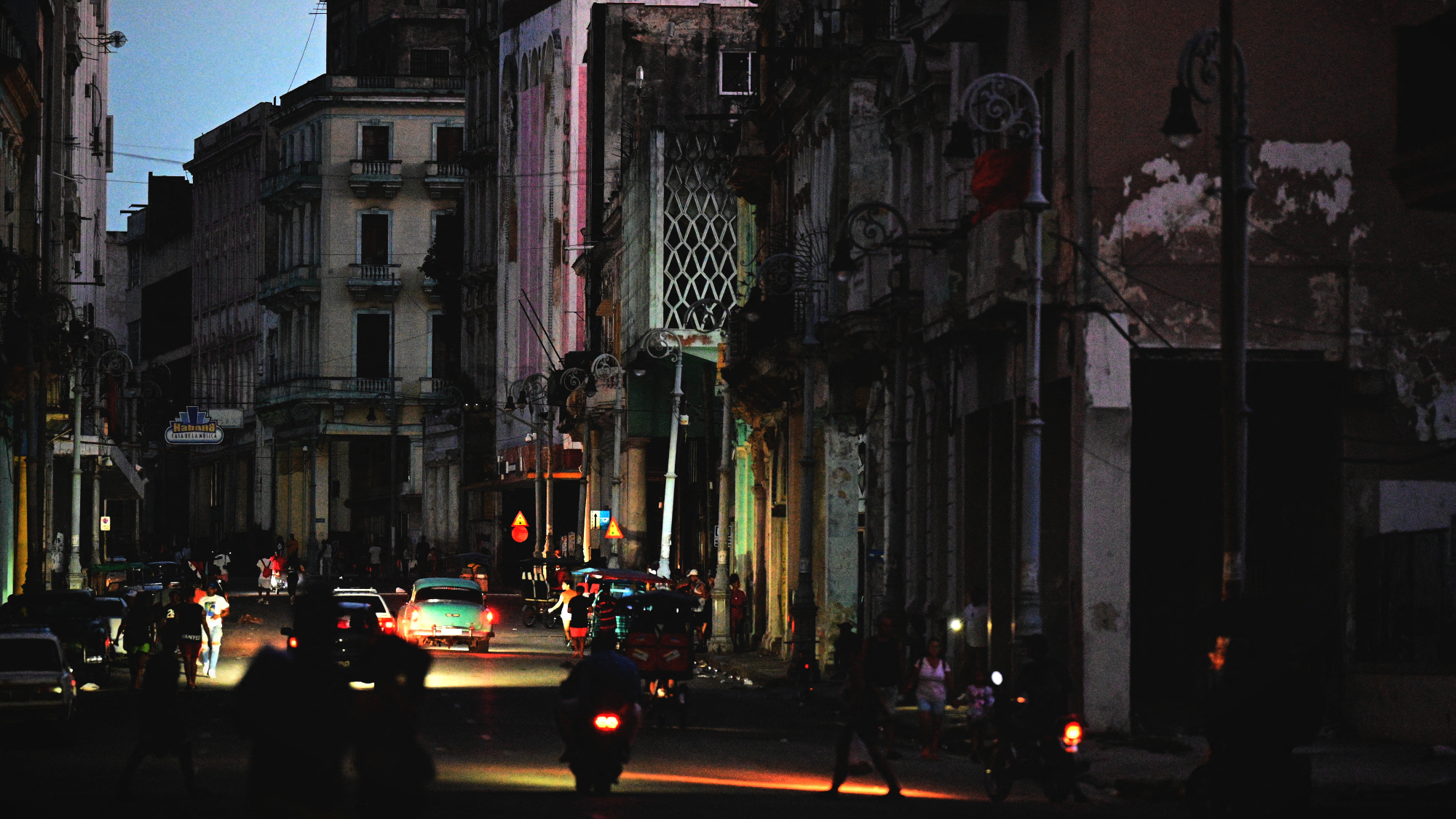 Cuba roiled by island-wide blackouts, Hurricane Oscar
Cuba roiled by island-wide blackouts, Hurricane OscarSpeed Read The country's power grid collapsed for the fourth time in just two days